
In The Merit of a Mitzvah
As I ran through the forest, I feared meeting my killer behind every tree and past every bend. Still I ran, knowing that I was the unfortunate boy’s only chance to...

As I ran through the forest, I feared meeting my killer behind every tree and past every bend. Still I ran, knowing that I was the unfortunate boy’s only chance to be buried as a Jew.
I was teen when the Nazi era began and Hungary was no place for a young Jewish boy. There were, unfortunately, few places in the world that were. And so, I was left with little choice but to hide my identity.
I had already left my parent’s home to work in a small city before the Nazis arrived. Now, I assumed the identity of a non-Jew. I cast away the yoke of Torah and mitzvot, forgot all the Torah I had learned and focused only on survival. It worked for a while, but then the Nazis caught up with me. They sent me off to Auschwitz where I suffered along with my Jewish brethren. If mitzvah observance was forgotten before, it was vanquished in the death camp.
Suffice it to say that I suffered through enough savage cruelty and inhuman treatment to last many lifetimes. But youth is strong, and my destiny lay elsewhere. Somehow, I survived. But my oppressors had won a small victory. Although they failed to murder my body, they succeeded in snuffing out my soul. I had lost every trace of my Jewishness to the Nazis.
Well, maybe not every trace. Something pulled me to go to Eretz Yisrael. But even the air of the Holy Land could not make me return to the ways of my dear departed father. So although my father, R’ Chaim Mordechai, a”h, had lived and died al Kiddush Hashem (to sanctify Hashem), I worked on Shabbat. I even worked on Yom Kippur!
On the first night of Rosh Hashanah, 5713, my departed father, who had been killed in Auschwitz, appeared to me in dream. He was wrapped in a tallit, and wore a snow-white kittel. I looked into his face with fear.
Suddenly, he spoke.
“Do teshuva”, he said. “Return to the ways you were taught in your youth. If you don’t, death will be near.” Then he vanished. I awoke, shivering in fear.
“It was a dream, only a dream,” I told myself, and though I was disturbed, I pushed the memory out of my mind, and went about my day’s affairs. That night my father appeared to me in a dream again, begging me to do teshuva, and warning me that if I wouldn’t, my life would soon end. The dreams continued every night for a week. The warnings were unsettling, but I dismissed them as only dreams. I continued living as before, although my father reappeared to me every night for a complete week.
Friday night, I went out to eat. When I returned home, I was about to flick on the light switch when I heard my father’s voice.
“Oy vavoy”, it cried. “You’re still doing aveirot?” I turned to the voice and there stood my father, in his otherworldly clothes. “This is not a dream”, he said. “I have come from the olam haemet to warn you, to save you. You have been judged in Shamayim and found guilty. You have been sentenced to death! Return! Return before it is too late!” and then, my father’s image disappeared.
That Shabbat I did not smoke or listen to the radio. Slowly the effect of my father’s visit wore off. On Motzoei Shabbos I went to see a movie. When I returned home, my father’s image was in the room again.
“Do teshuva”, he warned. “Return!” He pleaded with me to change my ways. But it was his final words to me that shook me to the core. “This will be your last warning”, he said. And then he vanished.
That night I couldn’t sleep. My father’s image haunted me. I saw him as he appeared to me, wrapped in his tallit and dressed in his kittel. I also saw him the way I preferred to remember him – alive, at home. I saw him at the Shabbat table, lighting the Chanukah menorah, and whenever I saw him, I also saw myself at his side, living a Torah life.
At daybreak, I woke up and rushed to Bnei Brak. I had heard that the Chazon Ish understood the meaning of dreams, and I needed to free myself of the burden my father’s appearances had placed upon me. When I entered the tzaddik’s room, he looked at me with piercing eyes.
“Oy vavoy,” he cried. “You work on Shabbat? On Rosh Hashanah? Even on Yom Kippur? Your father has no rest in the olam haelyon – in the world of the Heavens. A g’zar din has been decreed upon you because of your actions!”
Stunned, I could not utter a sound. How did he know all this, I wondered? The Chazon Ish closed his eyes halfway and appeared to be drifting off to sleep. Suddenly he opened his eyes wide.
“If you do teshuva you will be zochhe (merit) to annul the g’zar din in the merit of a great mitzvah that you did years ago. Tell me”, said the tzaddik, “what is this great mitzvah that you did?”
I thought for a moment, but could not remember any great thing I had done. Still, I told the Chazon Ish that I gave tzedakah and that I was always careful to deal with my fellow man fairly.
“No. That is not enough of a zechut”, he said. “There is something else. Try to remember as far back as you can. Is there something perhaps from your youth that could save you now?”
Then I remembered something that happened when I was fourteen years old and our country was in upheaval. Bands of vicious fighters rampaged through towns and villages, murdering and plundering at will. Jews, of course, were their prime targets. One night a woman knocked at our door and said that a Jewish boy had died in her village. Nobody was able to bring him to kever Yisroel – a Jewish burial. It was up to us to bury him.
My father considered the matter. I was young and slight and it would be easier for me to get to the village undetected than for an adult. And so I was sent to bury the boy. As I ran through the forest, I feared meeting my killer behind every tree and past every bend. Still I ran, knowing that I was the unfortunate boy’s only chance to be buried as a Jew. I made it to the cottage where he lay, and single-handedly brought him to kever Yisrael.
The tzaddik listened closely to me, nodding his head. Apparently, this was the zechut that he was looking for. He did not say another word to me. I took his silence as acquiescence, and left a changed man. When I returned home, I also returned to Hashem b’teshuva shleima (in complete repentance). I accepted upon myself, from that moment on, to do teshuva and live a Torah life. Since then I have seen only blessings and success in everything I do.


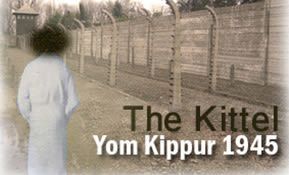

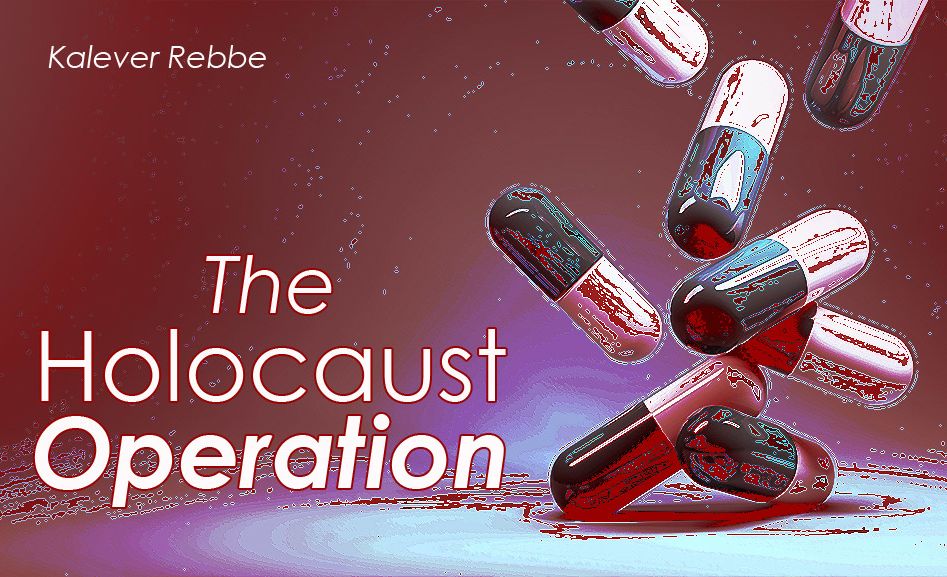
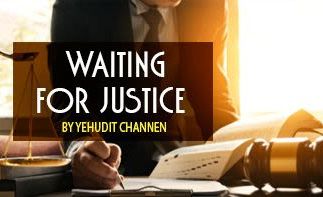
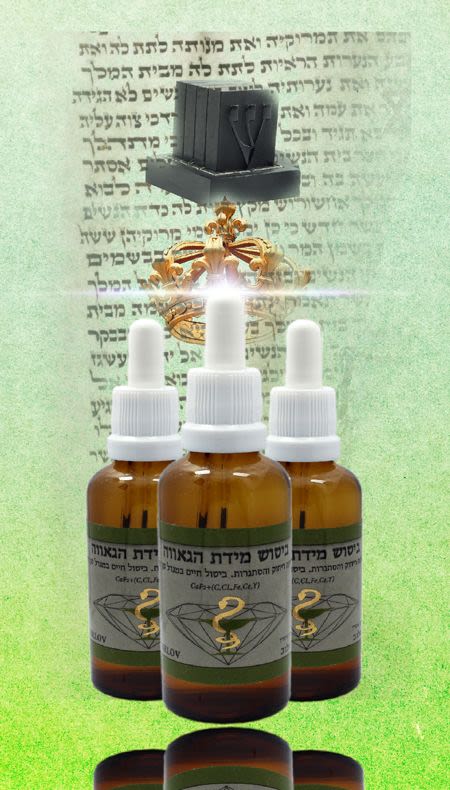
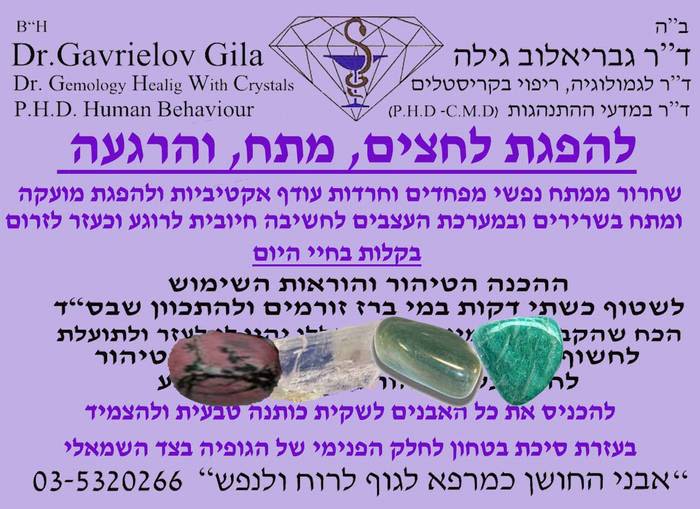
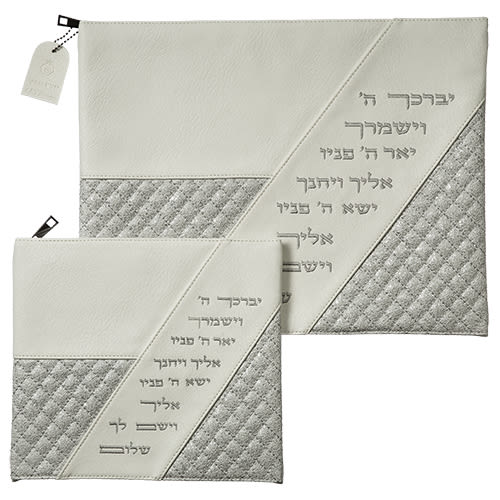
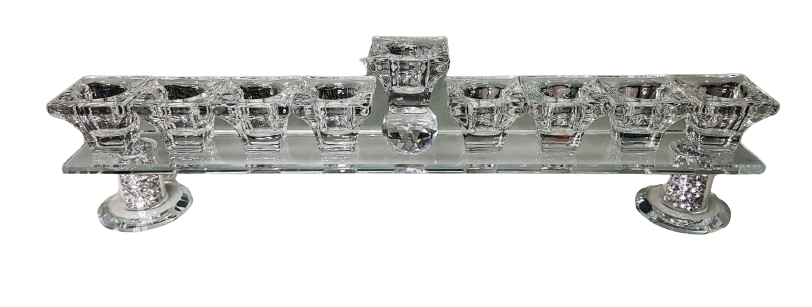
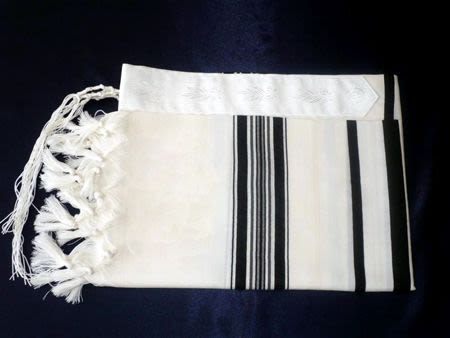
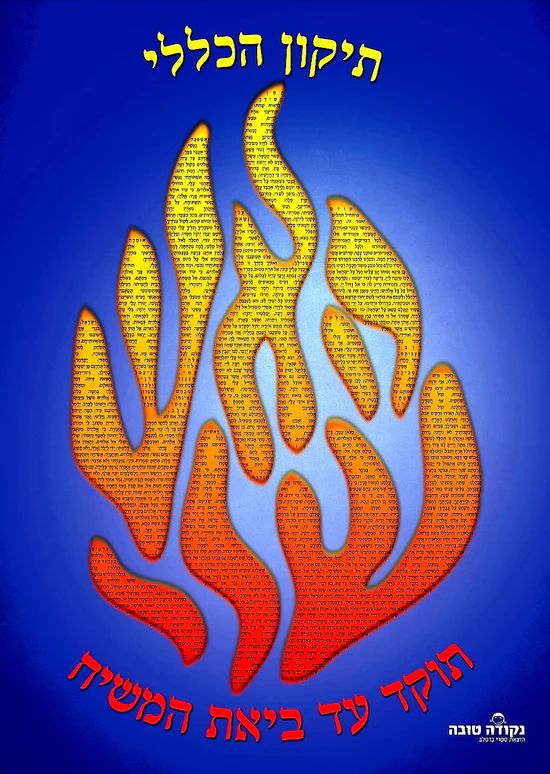
Tell us what you think!
Thank you for your comment!
It will be published after approval by the Editor.